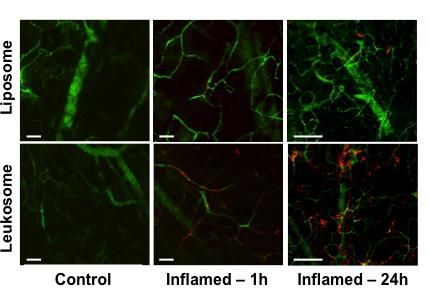Great opportunities for developers of biosimilars
Between 2009 and 2019 blockbuster biopharmaceuticals with a total value of over 50 billion $US will lose patent protection.
biopharmaceuticals or biologicals are drugs synthesized by “recombinant DNA technology”, a gene technological process developed in the mid seventies. In contrast to classic low-molecular drugs like Aspirin®, for example, which can be produced by way of chemical synthesis due to their simple molecular structure, biopharmaceuticals are highly complex polypeptides and proteins. Consequently the production of biopharmaceuticals like Avastin® or Herceptin® from Roche/Genentech or Neulasta® from Amgen requires a complex production process which is based on the natural biosynthesis of proteins and polypeptides in micro-organisms (e.g. E.coli) or cell cultures (e.g. ovarian cells of the Chinese hamster). Due to the complexity of this process and the high development costs associated with it, most of today’s biopharmaceuticals fall in the category of so-called “high cost drugs”. This is part of the reason why the annual treatment costs of Herceptin®, for example, can amount to about 60.000 $US.
The high treatment costs and the associated revenues are part of the reason why the development of biosimilars (analogues of biopharmaceutical products following patent expiry) seems attractive. This holds true despite the fact that the development costs for biosimilars are considerably higher when compared with the development of classic generic drugs. Thus, while the development of a generic drug costs about $US 0.5-5 million, the development of biosimilars requires an investment of about $US 20-80 million, despite comparable development times.
The first biosimilars which gained approval in Europe in 2006 were Sandoz-Hexal’s Omnitrope and Valtropin from Biopartners (both analogues of the growth hormone Somatotropin). At present there are 11 biosimilars approved for the German market. Among those one finds analogues of insulin, interferone alpha and beta and the granulocyte colony stimulating factor (GSCF). Altogether, there are about 150 biologics marketed worldwide and about 370 more are under development. Within the next 10 years (2009-2019) a total of 21 of these biologicals will lose their patent protection with a total value of over 50 billions $US (based on revenues of the year 2007). Each year patents of biologics totalling approximately $US 5.8 billion in revenues will expire. These revenues could at least partially be realized by the developers of biosimilars. In the areas of oncology, inflammatory diseases and cardiovascular diseases the highest number of biologicals will lose their patent protection.
The opportunity to participate in these revenues exists, of course, not only for those firms already developing biosimilars like Sandoz-Hexal, TEVA, Biopartners and others, but also for firms, which due to their specific expertise and know-how could with relatively little effort embark on the development of biosimilars as part of an expansion into new business areas. However, in this context it also needs to be kept in mind that the US hitherto lacks a regulatory framework for the development of biosimilars. While the European Medicines Agency (EMEA) has decreed a precise set of guidelines and rules for the development and approval of biosimilars in Europe in 2005/2005, an FDA decision regarding these issues is still outstanding. At present it is expected, however, that the FDA will issue a regulatory compendium for the development and marketing of biosimilars in the US in 2009. The only biosimilar which is marketed in the US to date, the growth hormone Omnitrope®, has obtained exceptional market approval only after a prolonged legal battle between Sandoz and the FDA.
Most read news
Other news from the department business & finance

Get the life science industry in your inbox
By submitting this form you agree that LUMITOS AG will send you the newsletter(s) selected above by email. Your data will not be passed on to third parties. Your data will be stored and processed in accordance with our data protection regulations. LUMITOS may contact you by email for the purpose of advertising or market and opinion surveys. You can revoke your consent at any time without giving reasons to LUMITOS AG, Ernst-Augustin-Str. 2, 12489 Berlin, Germany or by e-mail at revoke@lumitos.com with effect for the future. In addition, each email contains a link to unsubscribe from the corresponding newsletter.




















































